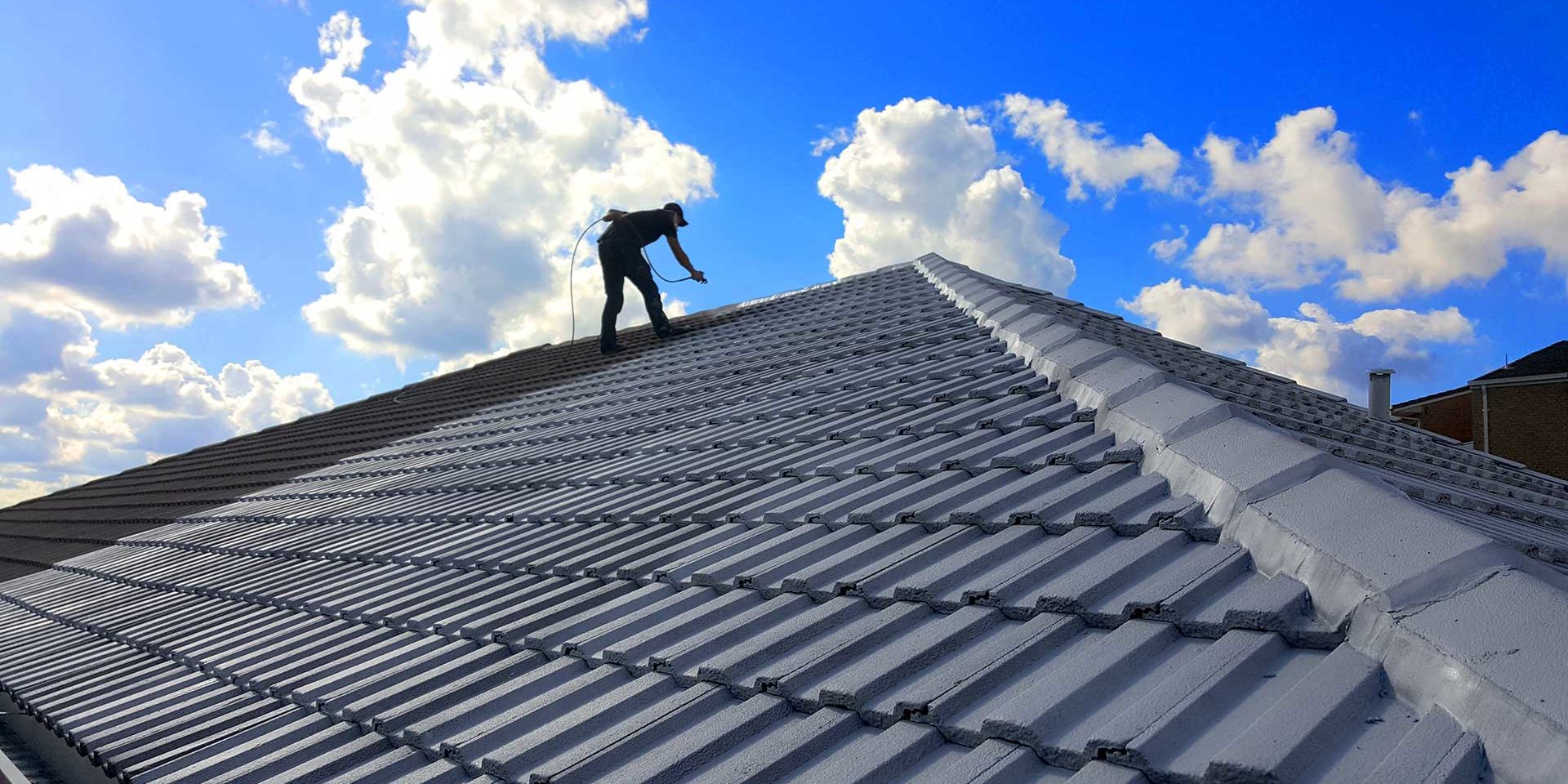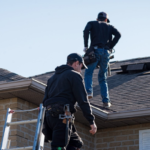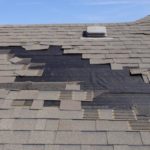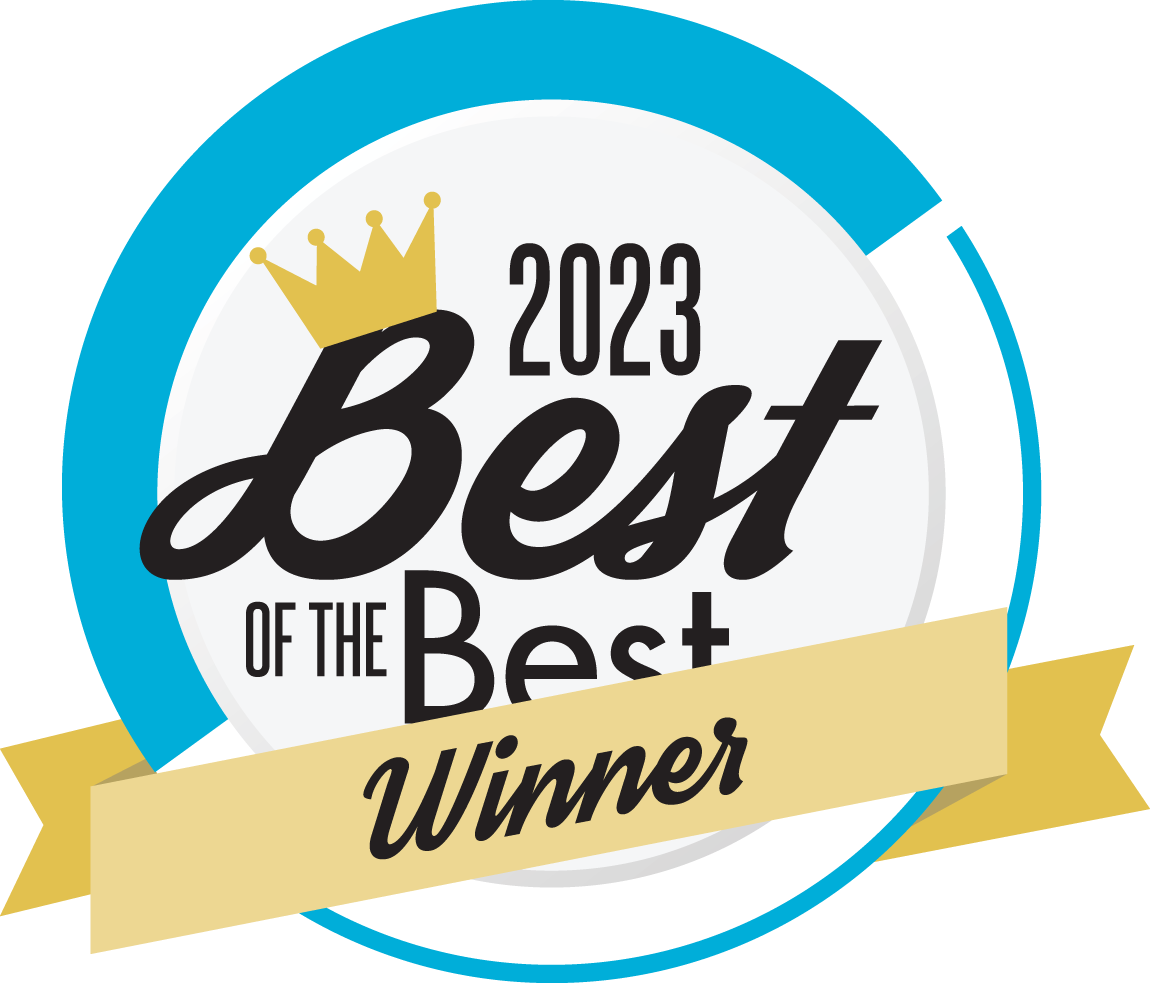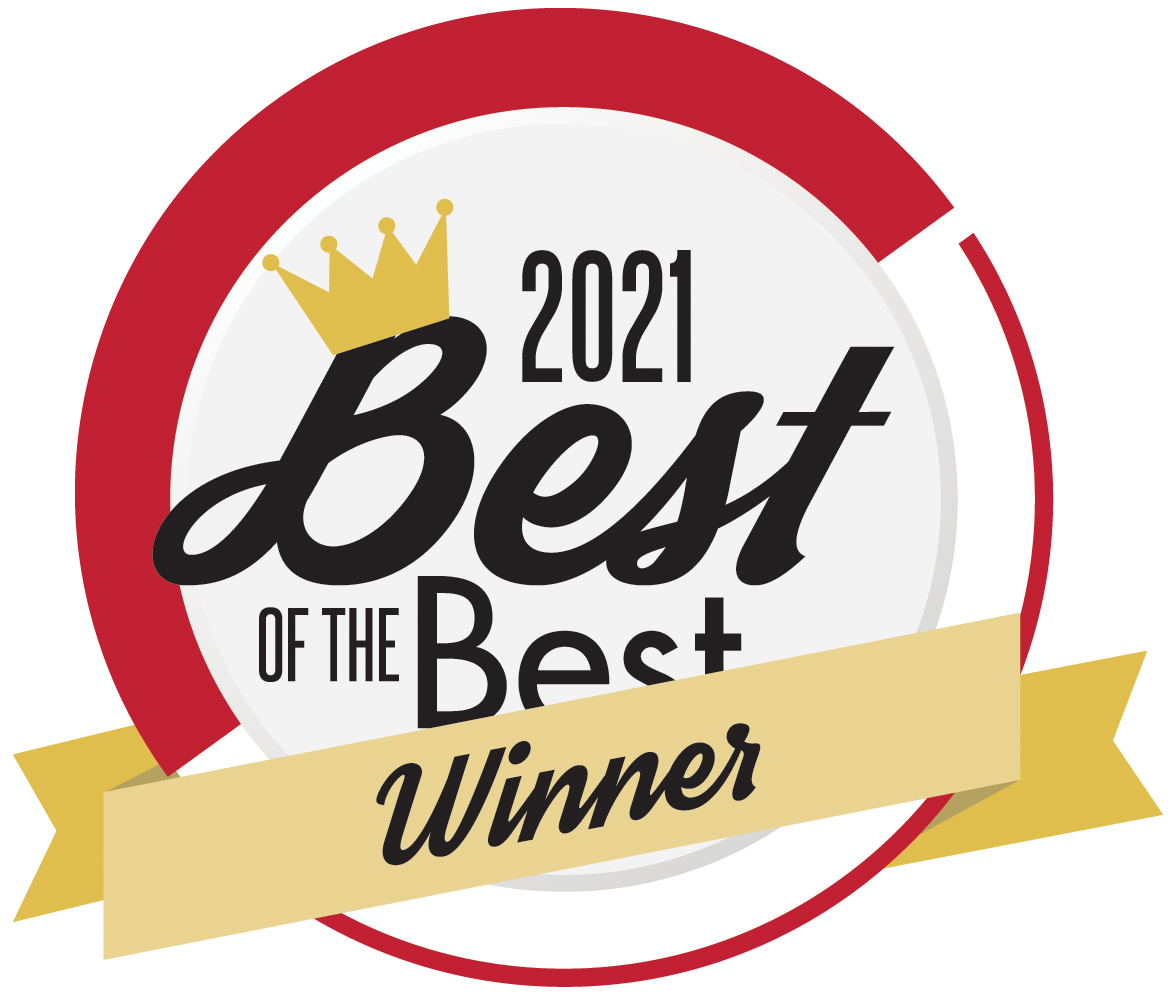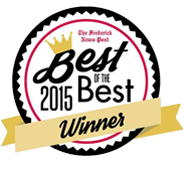While most Mid-Atlantic states continue to report positive trends in the COVID-19 pandemic, the global health crisis is far from over. The roofing industry will continue to strengthen and fine-tune the measures it launched during the stay-at-home and shelter-in-place orders issued at the height of the COVID-19 crisis.
For example:
• In the months before the pandemic hit US shores, roofing manufacturers ramped up production in their plants in anticipation of potential slowdowns caused by the virus’ and its resulting economic impact. In mid-March—roughly a week before New Jersey’s governor issued a stay-at-home order—companies like GAF enacted a trial “work from home” day for staff to identify and address issues that might affect productivity, establishing a baseline for remote operations that they have continued to improve upon since.
• The National Roofing Contractors Association (NRCA) advocated for the roofing industry to keep crews working safely. At the beginning of the COVID-19 crisis, NRCA lobbied local and national officials and launched a letter-writing campaign to have roofing designated as an “essential business” after many industries were forced to close by state and local governments. Their efforts kept roofing crews on the job in many states, and the association will continue to oversee trends so they can be proactive with their actions should a second wave of the pandemic threaten to close down the roofing industry again.
• Association conferences, sales expos, and educational events quickly moved to digital platforms, allowing contractors and others to virtually attend from the relative safety of their homes and offices. Many companies upgraded their website presences to offer more information and resources to roofers and launched innovative ways to communicate with members including telephone town halls and multiple video webinars.
• Roofing material manufacturers created digital tools for their customers and contractors, including instructional videos and educational webinar series. Roofing companies like GAF, CertainTeed, and Johns Manville launched COVID-19-related web pages outlining best practices, safety protocols, news updates, and links to additional information.
• Still, other manufacturers relied on social media and robust email campaigns to communicate with their members and associates. This allowed them to explain the measures they were taking to keep their employees and contractors safe while continuing to provide essential services to their customers. Even small companies took responsibility to send emails to their customers assuring that they were open for business—and taking the appropriate health and safety measures to continue operating.
• In addition to moving much of its workforce to their home offices, other companies, including Owens Corning, implemented strict cleaning and sanitation protocols, physical distancing, and employee health screenings at all of its locations. In line with many other roofing manufacturers, Owens Corning converted its annual “Owens Corning University Business Building Days” seminar to virtual sessions and created virtual sales kits to distribute to contractors.
• GAF also accelerated the production, testing, and release of an online version of its first at-home selling app.
• The development of a MyABCSupply™ digital program is helping roofing contractors by allowing them 24/7 access to their orders in real time.
Roofing installers, manufacturers and suppliers have shown themselves to be a progressive, forward-thinking group during the unprecedented demands of the COVID-19 pandemic. In addition to responding promptly and thoroughly to local, regional, and national guidelines and mandates, the roofing industry has positioned itself to monitor emerging trends and insights in order to be proactive if and when needed.

